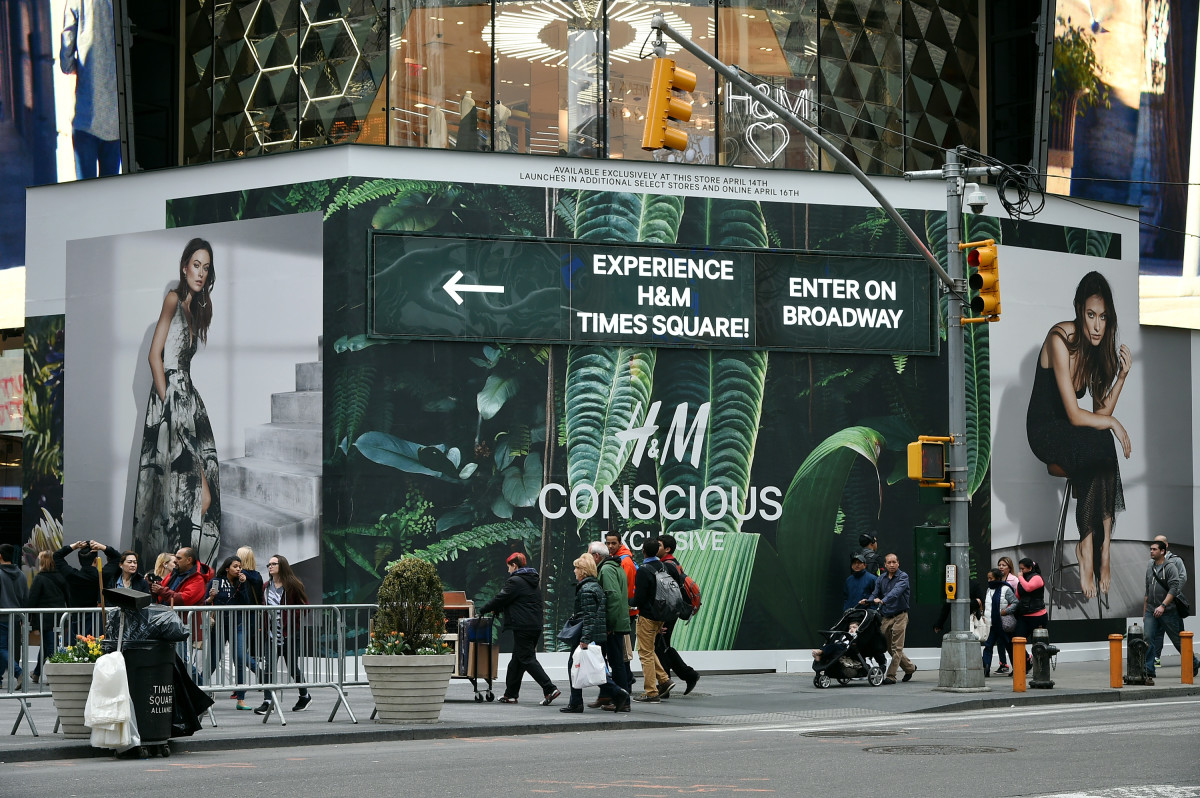What is greenwashing?
Greenwashing is when companies market themselves as environmentally friendly with no real evidence or actions to support their claims. It is used to mislead consumers into thinking the products they are buying are more ethically made, exploiting those who want to lessen the environmental impact of their clothing and object to unfair and unethical labour practices. Companies who greenwash provide little transparency on their production process and use buzzwords with no legal definitions such as green, eco-friendly, ethical, responsibly made, and sustainable, to appeal and mislead customers.
For example, H&M created their “Conscious” line of clothes supposedly made with “a little extra consideration for the planet”. They promise to make “environmentally-friendly shopping” easier by using at least 50% recycled materials in each piece, with the exception of wool which they say they can use only 20% of. In reality, a “recycled wool” dress from H&M has only 4% wool, with the rest being made of polyester. Their claim of “ethically-sourced wool” is meaningless. The recycling bin program they implemented gives customers 15% off their next purchase when they donate clothes, 90% of which are trashed or incinerated. They create a cycle of consumption that tricks and exploits customers into believing they are making a positive impact. The truth is, no company that produces clothing for every fleeting trend can ever be sustainable. Over consumption is the antithesis of true sustainability.
Examples:
H&M – Conscious line
Zara – Join Life
Mango – Mango Committed
